Lenten Thoughts – 8 March – “‘Return to me,’ says the Lord. ‘To me.’”
HOMILY OF HIS HOLINESS POPE FRANCIS
Basilica of Santa Sabina
Ash Wednesday, 6 March 2019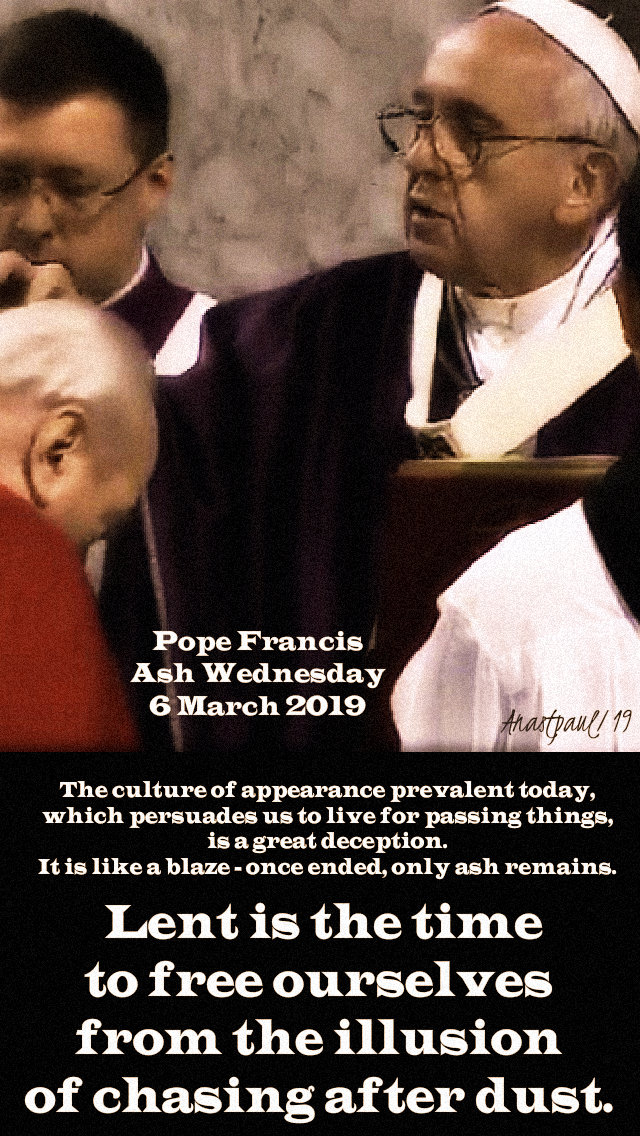
“Blow the trumpet […] sanctify a fast” (Joel 2:15), says the prophet in the first reading. Lent opens with a piercing sound, that of a trumpet that does not please the ears but instead proclaims a fast. It is a loud sound that seeks to slow down our life, which is so fast-paced, yet often directionless. It is a summons to stop, to focus on what is essential, to fast from the unnecessary things that distract us. It is a wake-up call for the soul.
This wake-up call is accompanied by the message that the Lord proclaims through the lips of the prophet, a short and heartfelt message: “Return to me” (v 12). To return. If we have to return, it means that we have wandered off. Lent is the time to rediscover the direction of life. Because in life’s journey, as in every journey, what really matters is not to lose sight of the goal. If what interests us as we travel, however, is looking at the scenery or stopping to eat, we will not get far. We should ask ourselves – On the journey of life, do I seek the way forward? Or am I satisfied with living in the moment and thinking only of feeling good, solving some problems and having fun? What is the path? Is it the search for health, which many today say comes first but which eventually passes? Could it be possessions and wellbeing? But we are not in the world for this. Return to me, says the Lord. To me. The Lord is the goal of our journey in this world. The direction must lead to Him.
Today we have been offered a sign that will help us find our direction – the head marked by ash. It is a sign that causes us to consider what occupies our mind. Our thoughts often focus on transient things, which come and go. The small mark of ash, which we will receive, is a subtle yet real reminder that of the many things occupying our thoughts, that we chase after and worry about every day, nothing will remain. No matter how hard we work, we will take no wealth with us from this life. Earthly realities fade away like dust in the wind. Possessions are temporary, power passes, success wanes. The culture of appearance prevalent today, which persuades us to live for passing things, is a great deception. It is like a blaze – once ended, only ash remains. Lent is the time to free ourselves from the illusion of chasing after dust. Lent is for rediscovering that we are created for the inextinguishable flame, not for ashes that immediately disappear; for God, not for the world; for the eternity of heaven, not for earthly deceit, for the freedom of the children of God, not for slavery to things. We should ask ourselves today – Where do I stand? Do I live for fire or for ash?
On this Lenten journey, back to what is essential, the Gospel proposes three steps which the Lord invites us to undertake without hypocrisy and pretense – almsgiving, prayer, fasting. What are they for? Almsgiving, prayer and fasting bring us back to the three realities that do not fade away. Prayer reunites us to God; charity, to our neighbour; fasting, to ourselves. God, my neighbour, my life – these are the realities that do not fade away and in which we must invest. Lent, therefore, invites us to focus, first of all on the Almighty, in prayer, which frees us from that horizontal and mundane life where we find time for self but forget God. It then invites us to focus on others, with the charity that frees us from the vanity of acquiring and of thinking that things are only good if they are good for me. Finally, Lent invites us to look inside our heart, with fasting, which frees us from attachment to things and from the worldliness that numbs the heart. Prayer, charity, fasting – three investments for a treasure that endures.
Jesus said: “Where your treasure is, there will your heart be also” (Mt 6:21). Our heart always points in some direction, it is like a compass seeking its bearings. We can also compare it to a magnet, it needs to attach itself to something. But if it only attaches itself to earthly things, sooner or later it becomes a slave to them, things to be used become things we serve. Outward appearance, money, career or hobby, if we live for them, they will become idols that enslave us, sirens that charm us and then cast us adrift. Whereas if our heart is attached to what does not pass away, we rediscover ourselves and are set free. Lent is a time of grace that liberates the heart from vanity. It is a time of healing from addictions that seduce us. It is a time to fix our gaze on what abides.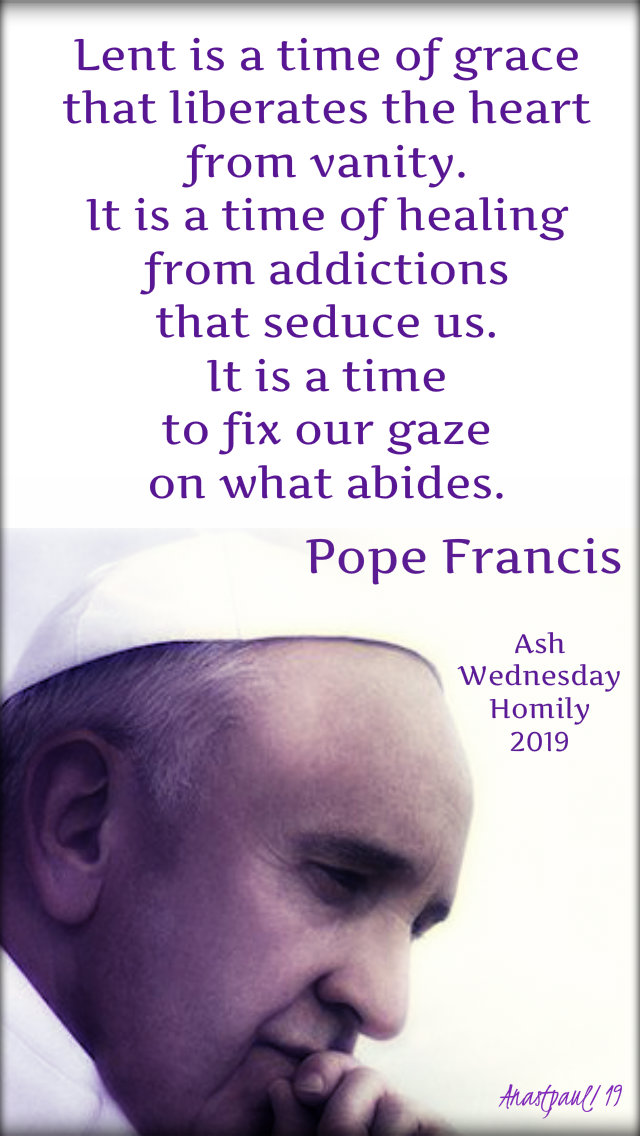
Where can we fix our gaze, then, throughout this Lenten journey? Upon the Crucified One. Jesus on the cross is life’s compass, which directs us to heaven. The poverty of the wood, the silence of the Lord, His loving self-emptying show us the necessity of a simpler life, free from anxiety about things. From the cross, Jesus teaches us the great courage involved in renunciation.
We will never move forward if we are heavily weighed down. We need to free ourselves from the clutches of consumerism and the snares of selfishness, from always wanting more, from never being satisfied and from a heart closed to the needs of the poor. Jesus on the wood of the cross burns with love and calls us to a life that is passionate for Him, which is not lost amid the ashes of the world, to a life that burns with charity and is not extinguished in mediocrity.
Is it difficult to live as He asks? Yes but it leads us to our goal. Lent shows us this. It begins with the ashes but eventually leads us to the fire of Easter night; to the discovery that, in the tomb, the body of Jesus does not turn to ashes but rises gloriously. This is true also for us, who are dust. If we, with our weaknesses, return to the Lord, if we take the path of love, then we will embrace the life that never ends. And we will be full of joy.

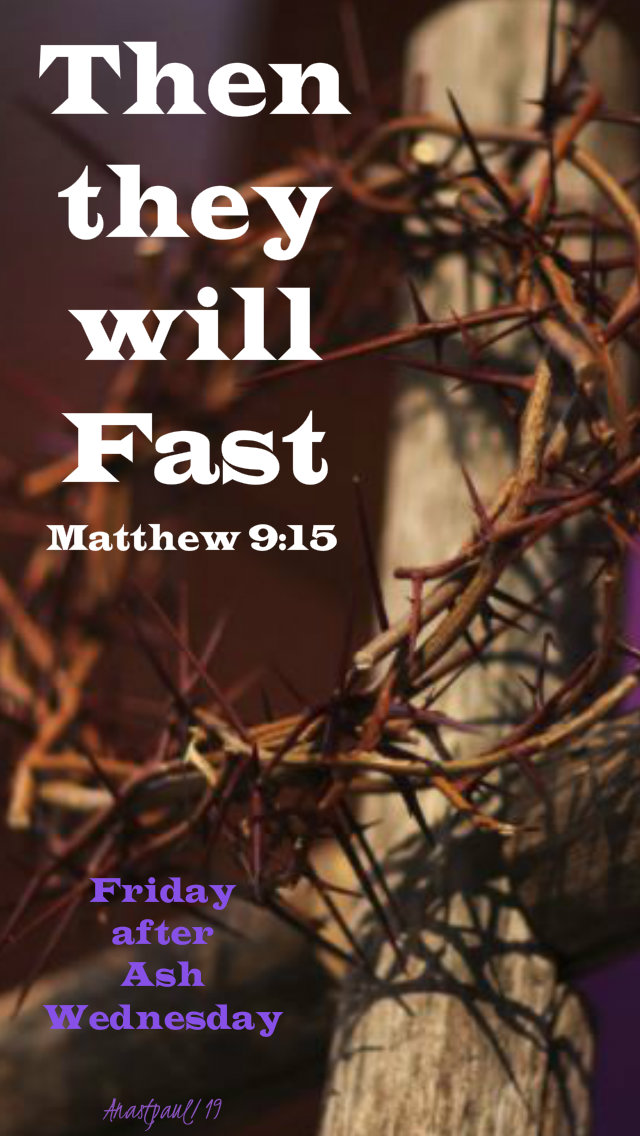
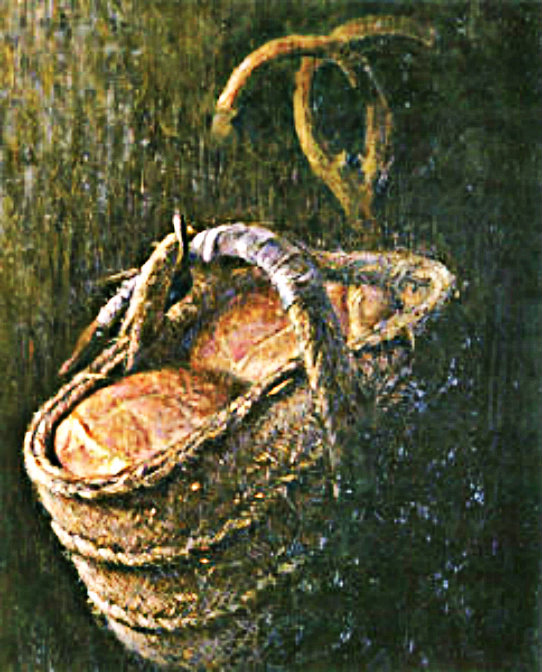
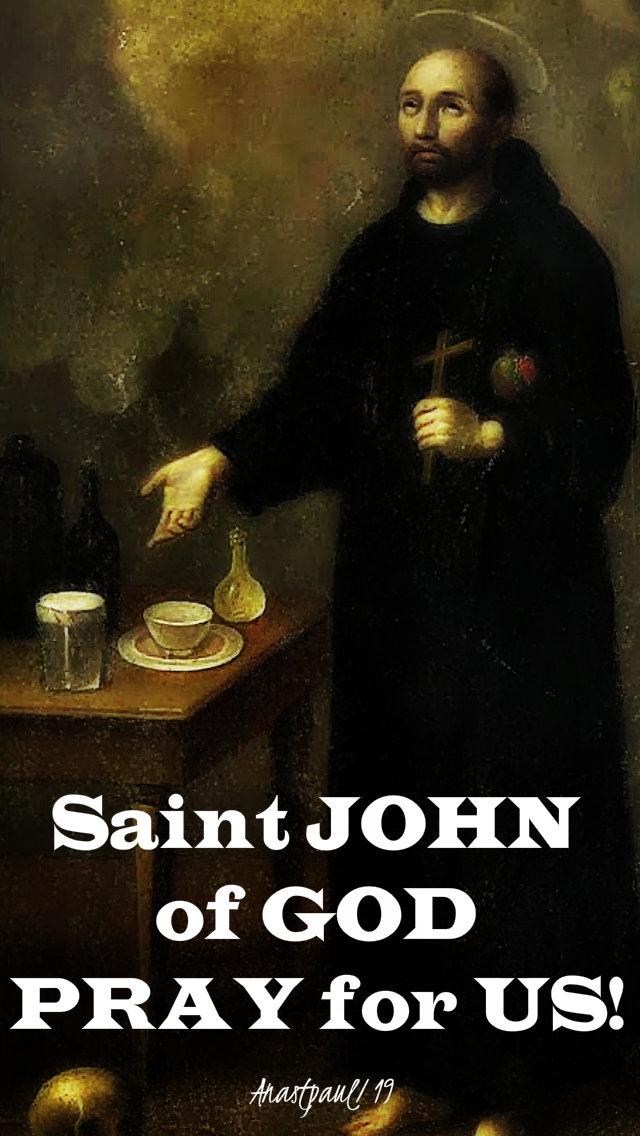
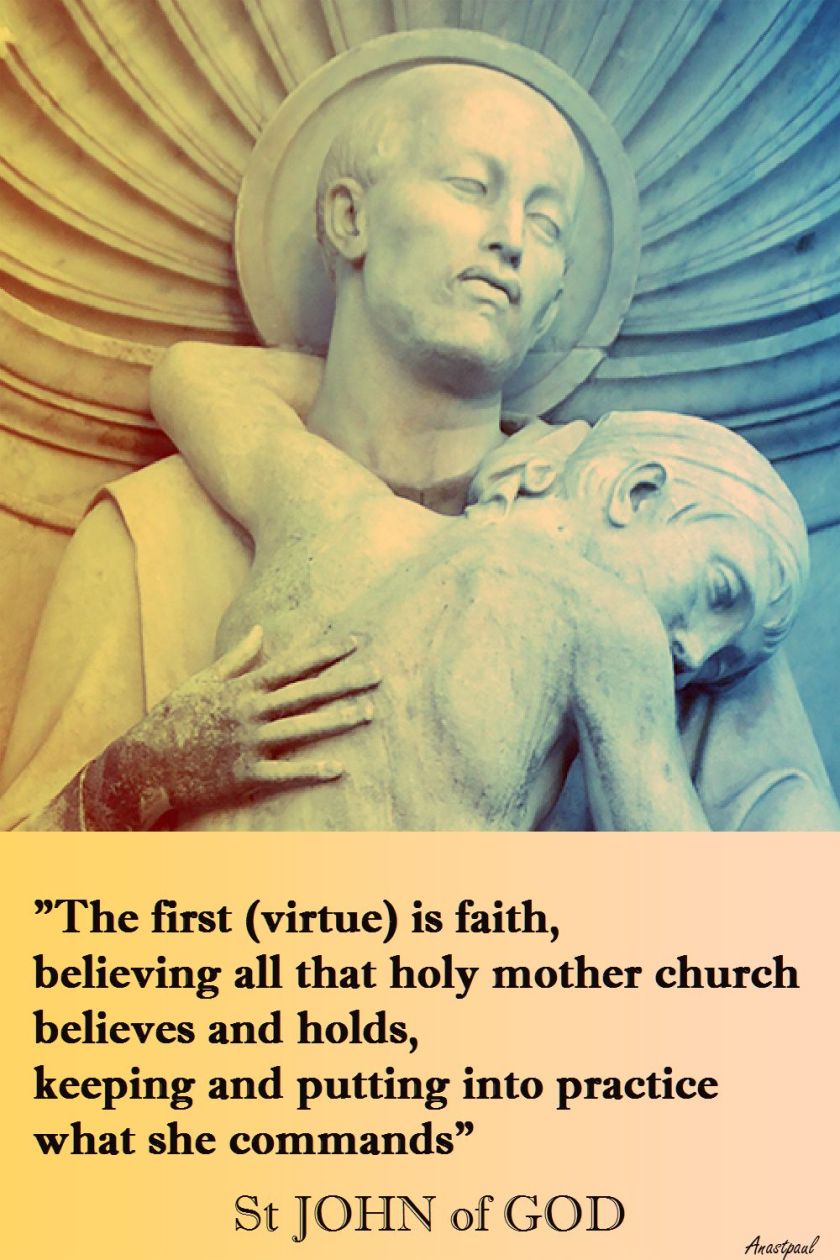
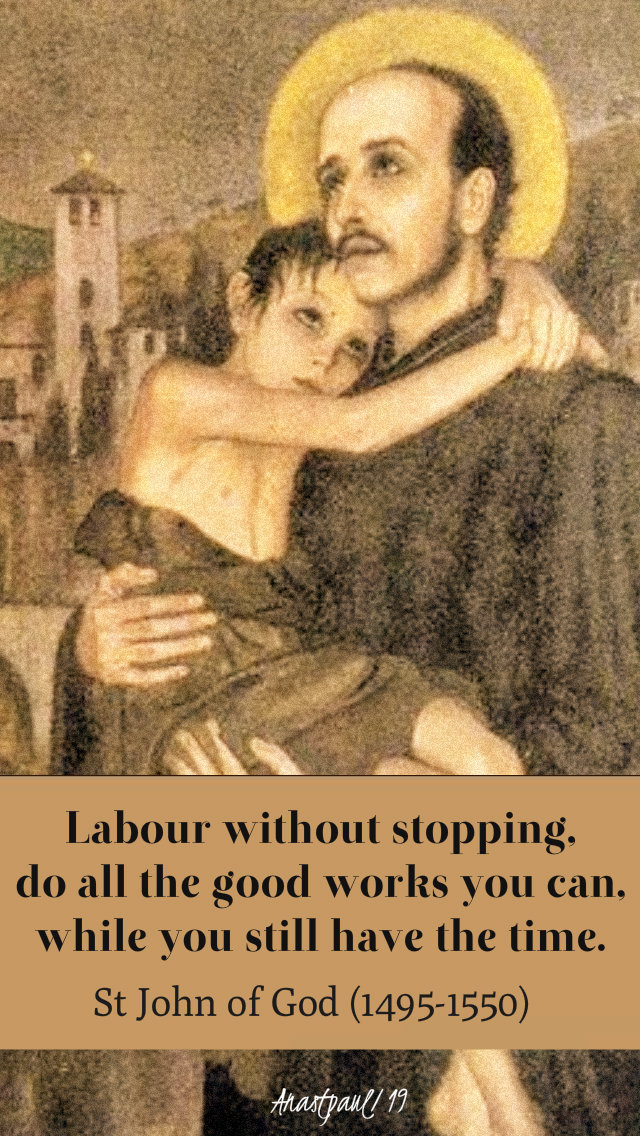
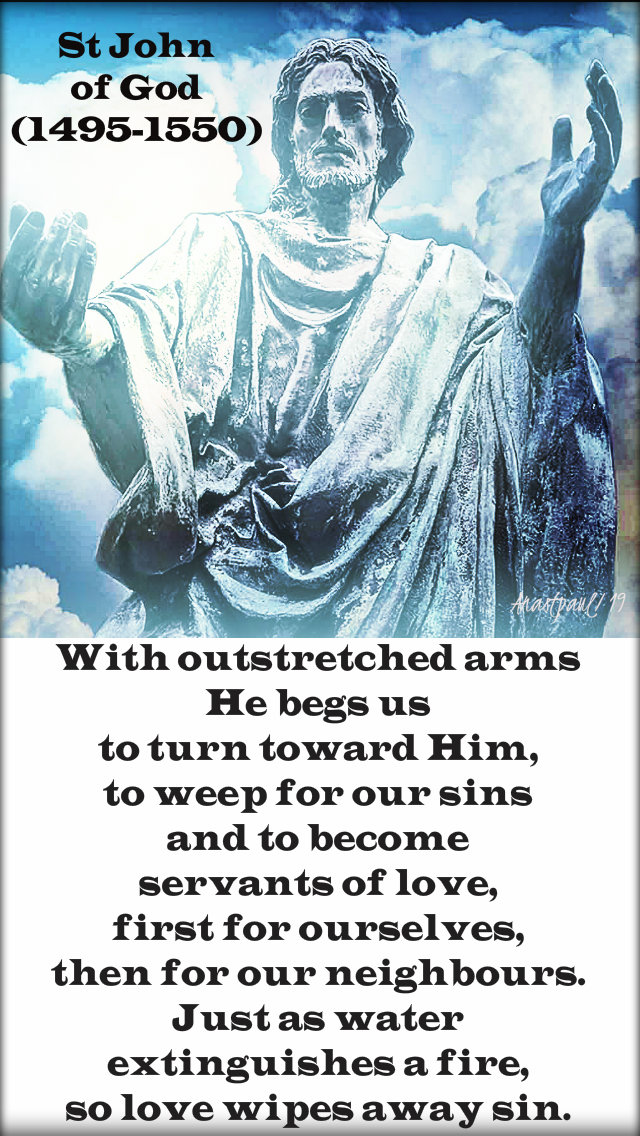
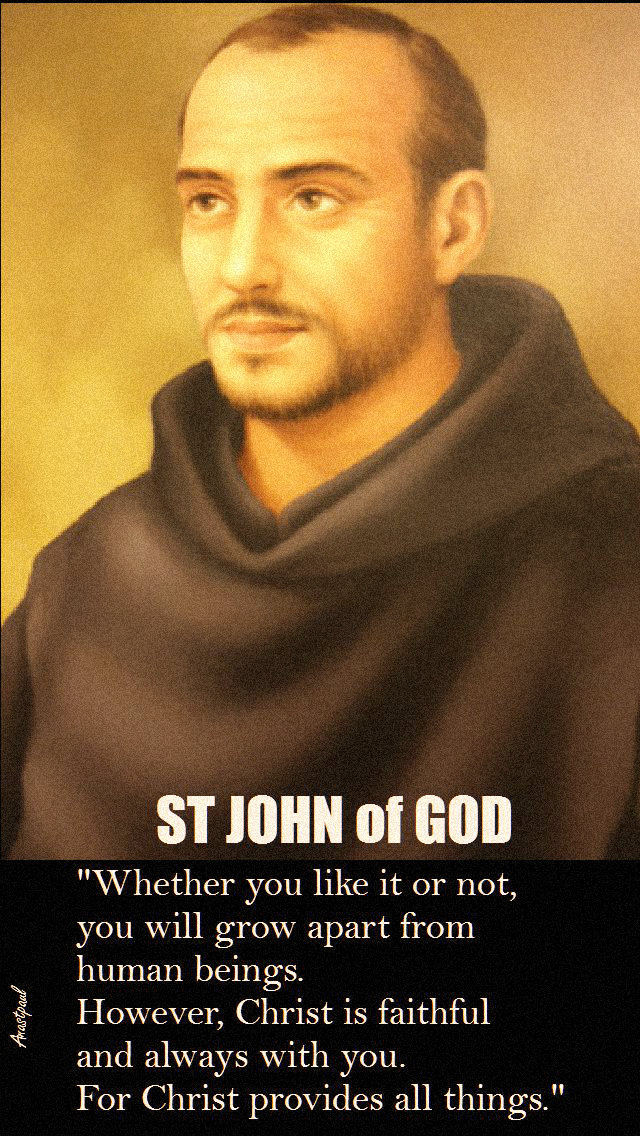

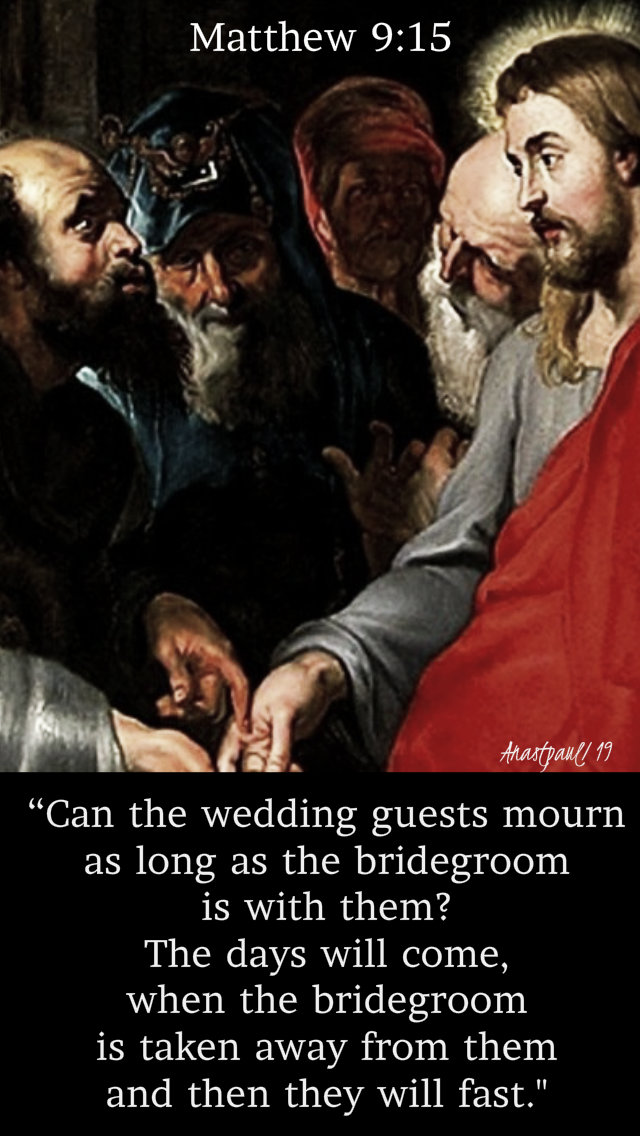
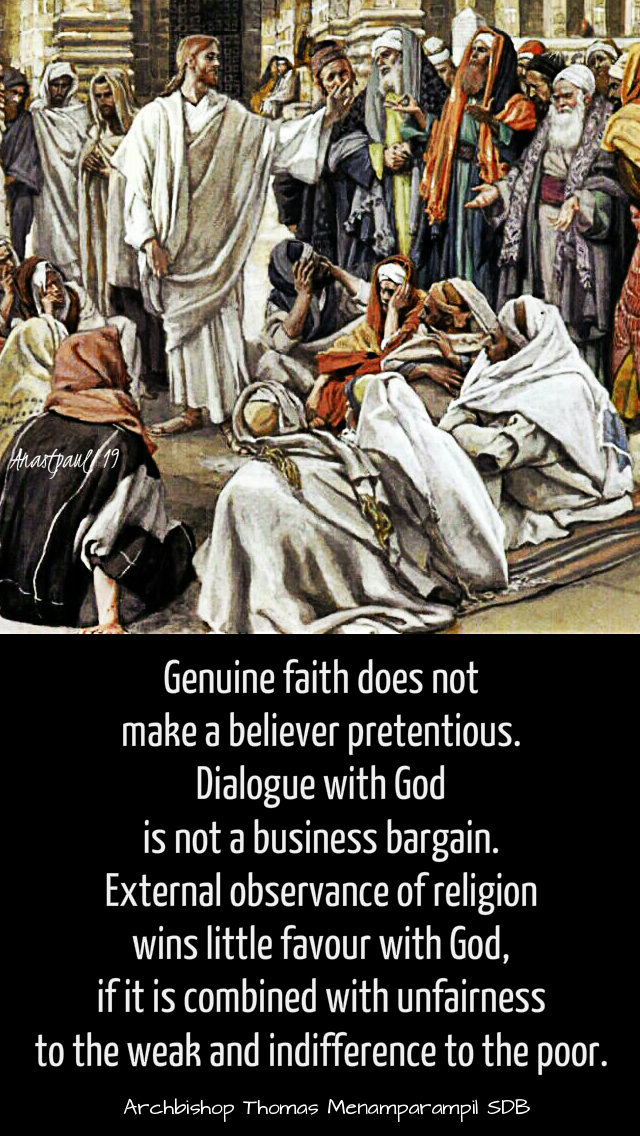
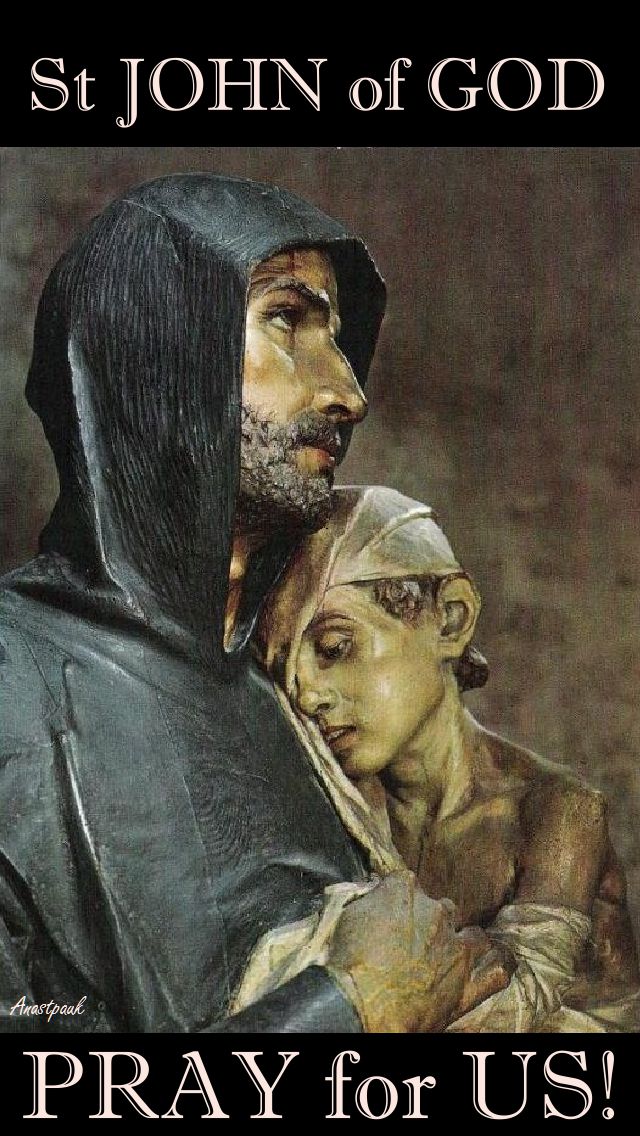


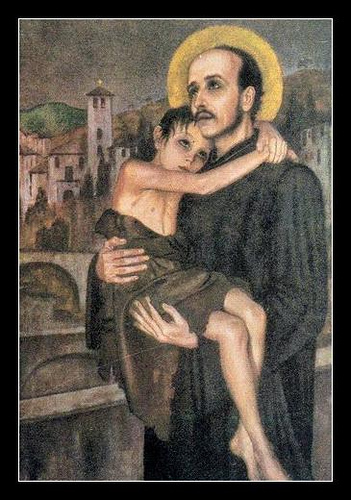
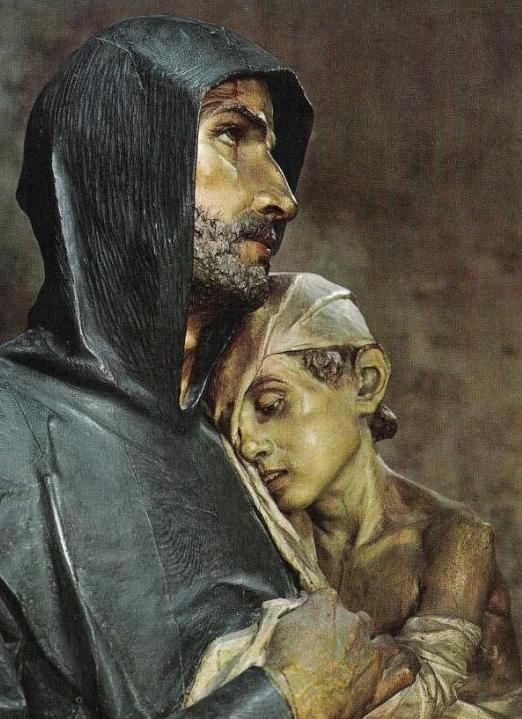
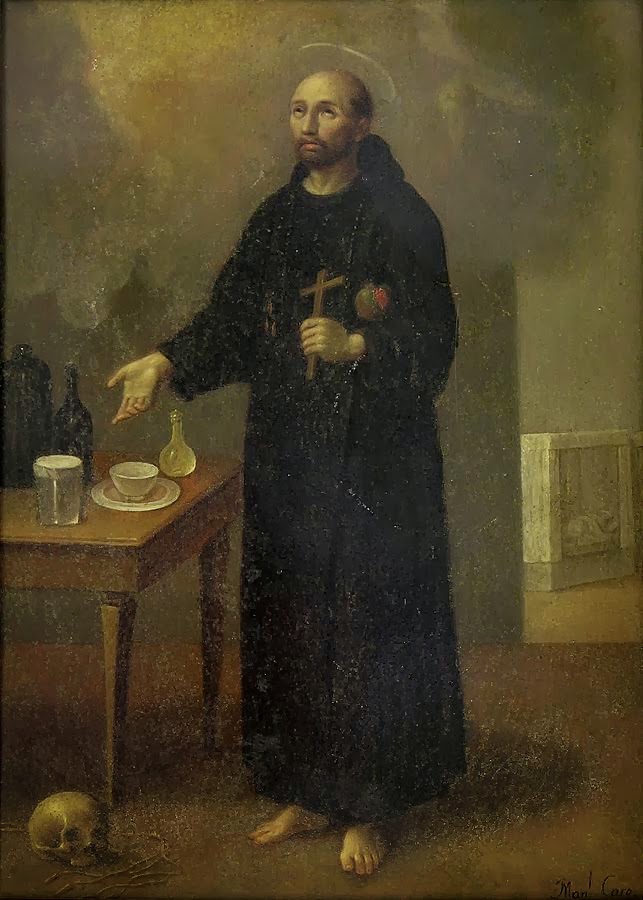
You must be logged in to post a comment.